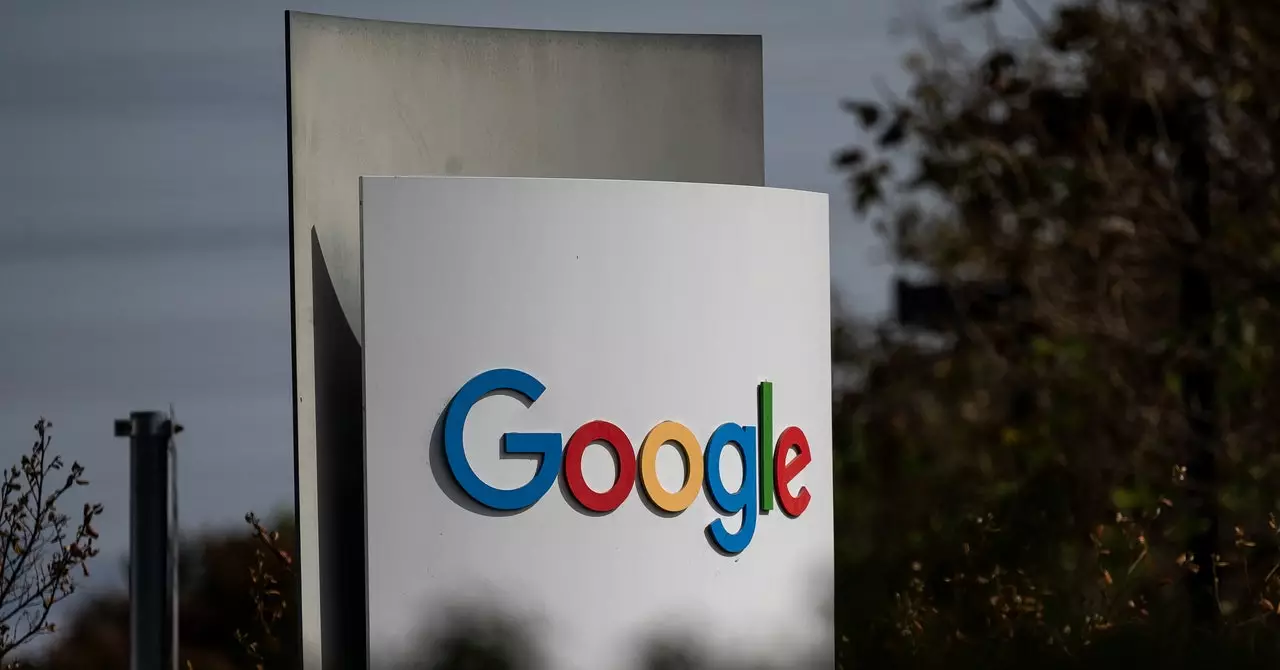In the ever-evolving landscape of technology, Google’s endeavor to establish its Gemini Assistant chatbot as a viable competitor to OpenAI’s ChatGPT comes at a time when regulatory scrutiny and market dynamics are shifting dramatically. As the Department of Justice (DOJ) weighs in on Google’s market practices, the tech giant is faced with the dual challenge of responding to legal constraints and maintaining its dominant position in the AI-driven search market.
Recently, Google has proposed measures to reduce its control over how its search products are distributed by partners, particularly device manufacturers and carriers in the United States. These changes emerged as part of the ongoing legal battles concerning antitrust violations, stemming from Google’s previous deals to ensure its services are the default choice for numerous technologies. In its proposal, Google seeks to relax the requirements imposed on partners to distribute its Gemini Assistant to their users, a move that may significantly impact its ability to gain traction against ChatGPT.
The DOJ has pushed for broader reforms that would compel Google to divulge more information to competitors and reconsider its hold on its business, including a potential divestment of the Chrome browser. However, Google has firmly rejected these suggestions, emphasizing that it does not intend to break up its operations and views data sharing with rivals as an untenable option. As the legal battle unfolds, the implications for Google’s future operations remain crucial, especially as new AI technologies emerge and redefine user expectations.
The scrutiny facing Google following the August ruling by District Judge Amit Mehta highlights the precarious balance the company must maintain. Mehta’s finding that Google’s practices had violated antitrust laws underscores the challenges the tech giant faces in retaining its user base amid increasing competition from AI-driven platforms like ChatGPT. The ruling detailed how Google’s monopoly in both search and search ads allowed it to exert undue influence over pricing and advertising revenues, actions that have drawn the attention of regulators.
As Google navigates these turbulent waters, its stock performance remains a bright spot. With shares experiencing a noteworthy uptick in 2024, there is optimism among investors about Alphabet’s future growth potential. This rise can be attributed to the company’s steadfast focus on enhancing user experience, which it argues is the foundation of its search dominance. However, the reliance on default settings within technology—where users often stick with what is pre-selected—poses both a challenge and an opportunity for Google, particularly with the emergence of formidable competitors in the AI arena.
The face-off between Google’s Gemini and OpenAI’s ChatGPT illustrates a pivotal moment in the evolution of search technology. As chatbots gain traction, the DOJ and various state officials are concerned about Google’s potential to maintain its traditional search dominance in this increasingly crowded marketplace. The focus of regulatory efforts appears to be on ensuring that Google does not replicate its earlier monopolistic behavior within this new paradigm.
Furthermore, if the court ultimately imposes penalties on Google, it may open avenues for more robust competition, enabling other AI-powered platforms to solidify their foothold in consumer markets that have long been dominated by Google products. The uncertainty surrounding the legal outcomes suggests that while Google can still engage in partnerships to promote Gemini, any coercive measures that limit competitor growth would be off the table.
As the hearings are set to commence in April, with a verdict expected by August, Google’s strategic positioning will have significant implications not only for its business model but also for the future of AI in consumer search. The outcome may influence whether consumers will ultimately benefit from a diverse range of AI tools or continue to navigate a landscape dominated by few players.
Google stands at a crossroads, where advancements in AI technology and the complexities of regulatory landscapes intersect. Whether Gemini can rise to prominence or merely serve as another footnote in Google’s storied history will depend on how effectively the company can adapt to legal constraints and embrace the opportunities presented by emerging technologies. The next few years will undoubtedly be critical, shaping the technologies that become integral to our daily lives.

